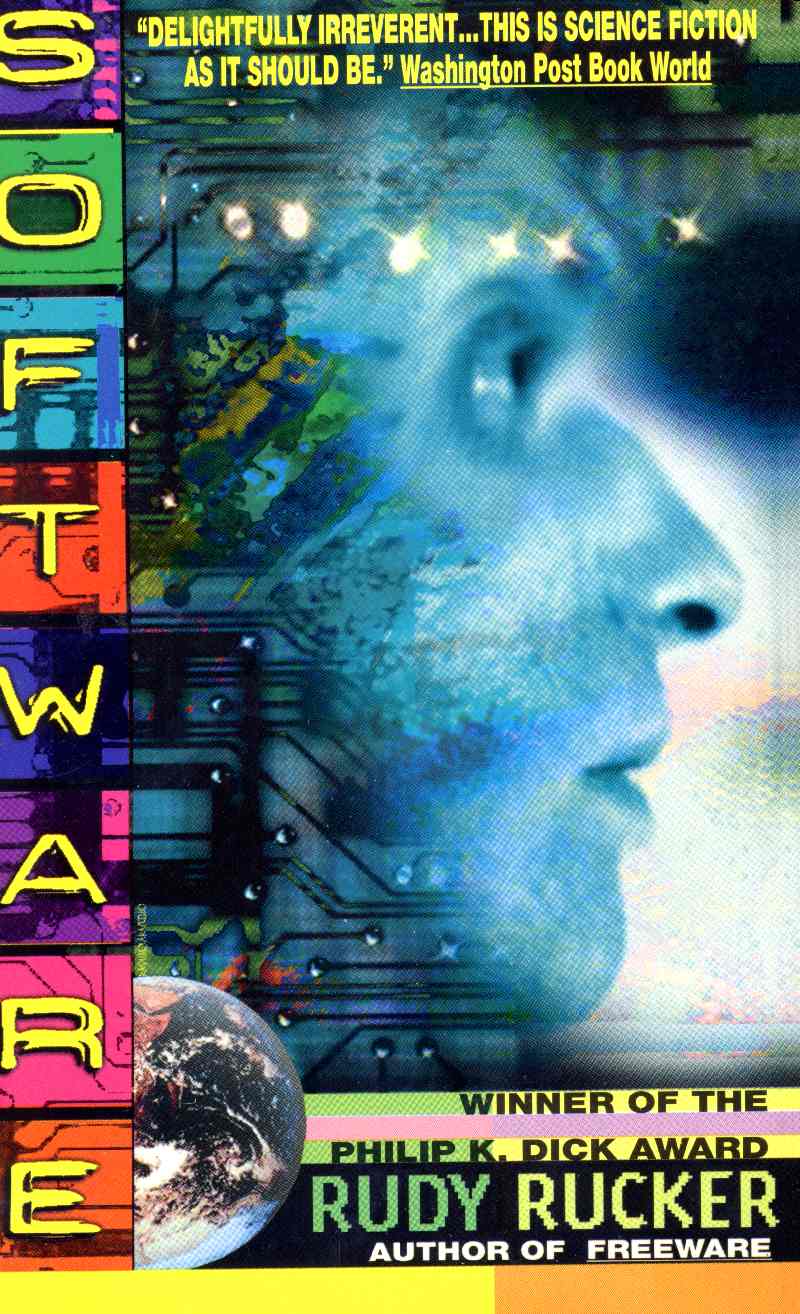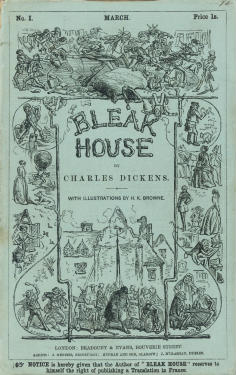This fascinating book by Jill Jonnes describes the War of the Electric Currents, the battle that took place in the 1890's to determine whether DC or AC would become the standard for distribution and use of electricity. While many people contributed to the technologies involved, the three great figures in this battle were Thomas Edison, the champion of DC, and an alliance between Nikola Tesla and George Westinghouse, the champions of AC.
Although non-fiction,
Empires of Light reads much like a novel, with interesting and detailed descriptions of American society and vivid portraits of the chief players. Edison is certainly portrayed as a genius, with vision, great theoretical insights and an extraordinary tenacity in his willingness to test hundreds or thousands of possible materials or methods to optimize a system. For example, very early, recognizing that a chief restriction on distribution of electricity would be the price of copper for the wires, Edison was determined to use small diameter wires, necessitating light bulbs with with high-resistance filaments - others were focusing on low-resistance materials. In fact, while many others created light bulbs, Edison's patent on his evacuated bulb with a high-resistance filament eventually carried the day. In another brilliant insight, Edison created a "feeder and main" circuit for distribution of power that saved huge amounts of copper.
When this elegant and simple answer to problems of cost and maintaining pressure (voltage) was demonstrated in England, someone asked the brilliant Glasgow physicist Sir William Thomson, knighted for his critical role in the practical success of the transatlantic cable, why no one else had thought of it. He said, "The only answer I can think of is that no one else is Edison."
Nikola Tesla's genius was of a very different kind. Unlike the relentlessly practical and empirical Edison, Tesla was cerebral, theoretical, dreamy and, let's face it, quite wacky (
cf the pigeon). He realized immediately that DC could not possibly be a practical means for delivering electricity widely, because of power losses in the lines over even short distances. He turned his attention to AC and, when still very young, conceived, in a moment, the radical and beautiful idea of an AC motor that did not require commutator brushes (pieces of copper that made contact with the armature as it rotated, often sparked dangerously, were subject to failure and, in any case, had to be replaced frequently). One wintry Budapest day in 1882, Tesla and a friend went for a walk:
Tesla, as was his dreamy wont, began reciting poetry, Goethe's Faust, to celebrate the blazing sky before them:
The glow retreats, done is the day of toil;
It yonder hastes, new fields of life exploring;
Ah, that no wing can lift me from the soil,
Upon its track to follow, follow soaring...
"As I uttered these inspiring words the idea came like a flash of lightning and in an instant the truth was revealed....I drew with a stick in the sand...the images I saw were wonderfully sharp and clear and had the solidity of metal and stone..."
Recalling this moment many years later, Tesla said he told his friend
"Isn't it beautiful? Isn't it sublime? Isn't it simple? I have solved the problem. Now I can die happy. But I must live, I must return to work and build the motor so I can give it to the world. No more will men be slaves to hard tasks. My motor will set them free, it will do the work of the world."
Tesla eventually obtained hundreds of patents, inventing virtually all parts of an AC distribution system and motors. His generators were an integral part of the first mass AC distribution system installed at Niagara Falls. But how did the dreamer succeed in the ruthlessly competitive atmosphere of the age of the robber barons?
He allied himself with a genius of another kind, George Westinghouse. Like Tesla, Westinghouse was an idealist, but unlike Tesla, he was also a practical, bold and forceful businessman. And he was very sympathetic to inventors - he purchased Tesla's patents under terms that were very generous. Later, during the financial crisis of 1893, the very survival of Westinghouse's electric company was threatened. Westinghouse refused to knuckle under and yield control to his banker creditors; he struck several deals with various investors that helped to tide him over. One key part of this campaign involved asking Tesla if he would be willing to alter the terms of the patents.
"And if I give up my contract you will save your company and retain control so you can proceed with your plans to give my polyphase system to the world?"
"I believe your polyphase system is the greatest discovery in the field of electricity," Westinghouse explained. "It was my efforts to give it to the world that brought on the present difficulty, but I intend to continue, no matter what happens, to proceed with my original plans to put the country on an alternating current basis."
"Mr. Westinghouse," said Tesla, drawing himself up to his full height of six feet two inches and beaming down on the Pittsburgh magnate who was himself a big man, "you have been my friend, you believed in me when others had no faith; you were brave enough to go ahead and pay me...when others lacked courage; you supported me even when your own engineers lacked vision to see the big things ahead that you and I saw; you have stood by me as a friend. The benefits that will come to civilization from my polyphase system mean more to me than the money involved. Mr. Westinghouse, you will save your company so that I can develop my inventions. Here is your contract and here is my contract - I will tear both of them to pieces and you will no longer have any trouble from my royalties. Is that sufficient?"
The company survived. Westinghouse won a fierce battle to light the White City of the Chicago World's Fair, which displayed the astonishing power of AC. Westinghouse also eventually won the contract that placed Tesla's generators at Niagara.
There is much more in this book: A history of the understanding of electricity, featuring Faraday and Franklin; Edison's attempts to portray AC as dangerous by campaigning to make the new electric chair run off AC powered by a Westinghouse generator; interesting portraits of J Pierpont Morgan and other Robber Barons; the full story of the installation of hydroelectric power at Niagara. I recommend
Empires of Light very highly.





























